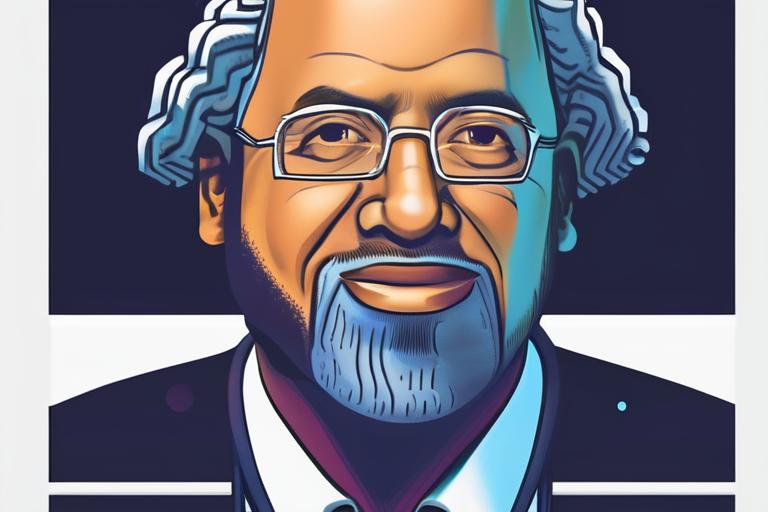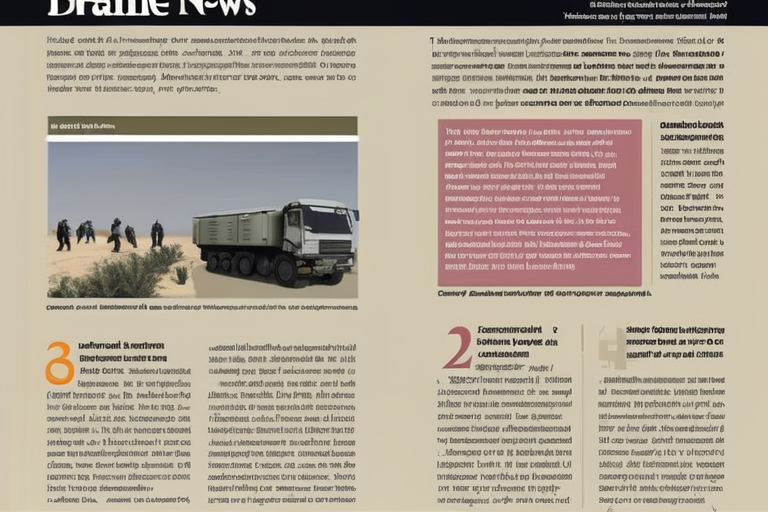Microsoft and OpenAI Reach Non-Binding Deal to Restructure Partnership
In a significant development, Microsoft and OpenAI have signed a non-binding agreement to restructure their partnership, paving the way for OpenAI to transition into a conventional for-profit model and potentially go public. The deal comes as OpenAI's revenue grows into the billions, with the company seeking a more traditional corporate structure and partnerships with multiple cloud providers.
Financial Impact
The restructuring deal marks a significant shift in the partnership between Microsoft and OpenAI. Under their previous agreement, Microsoft had exclusive rights to sell OpenAI's software tools through its Azure cloud computing platform and preferred access to the startup's technology. Microsoft invested $1 billion in OpenAI in 2019 and another $10 billion at the beginning of 2023.
The new deal will allow OpenAI to pursue partnerships with additional cloud providers, including Oracle and Google, which it has already signed long-term contracts with worth $300 billion. This move is expected to expand sales and secure computing capacity needed to meet growing demand.
Company Background and Context
OpenAI is a leading artificial intelligence (AI) research organization that has developed several high-profile AI models, including the popular language model, GPT-3. The company's mission is to develop and apply advanced AI technologies to drive human progress. Microsoft, on the other hand, is one of the world's largest technology companies, with a significant presence in cloud computing through its Azure platform.
The partnership between Microsoft and OpenAI was initially established to accelerate the development and deployment of AI technologies. However, as OpenAI's revenue grows, it has sought to transition into a more conventional corporate structure, which would allow it to go public and access additional funding.
Market Implications and Reactions
The restructuring deal is expected to have significant implications for the AI market. By allowing OpenAI to pursue partnerships with multiple cloud providers, the company will be able to expand its sales reach and secure computing capacity needed to meet growing demand. This move is also likely to increase competition in the cloud computing market, as Microsoft faces increased pressure from other major players.
Stakeholder Perspectives
The restructuring deal has been welcomed by investors and analysts, who see it as a positive step for OpenAI's growth and development. "This deal marks an important milestone for OpenAI's transition into a conventional corporate structure," said one analyst. "It will allow the company to access additional funding and expand its sales reach, which is critical for its continued growth."
However, some experts have raised concerns about the implications of OpenAI's transition on its research mission. "As OpenAI becomes more commercialized, it may lose sight of its original mission to develop and apply advanced AI technologies for human progress," said one expert.
Future Outlook and Next Steps
The next steps for Microsoft and OpenAI will be to finalize the terms of a definitive agreement, which is expected to take several months. The companies have stated that they are working to complete the deal as soon as possible, with OpenAI's CEO, Sam Altman, saying that the company is "excited about the opportunities this deal presents."
The restructuring deal marks an important milestone for OpenAI's transition into a conventional corporate structure and its potential path towards going public. As the AI market continues to grow and evolve, it will be interesting to see how this deal impacts the industry and the companies involved.
Implications for Society
The implications of OpenAI's transition on society are significant. As the company becomes more commercialized, it may lose sight of its original mission to develop and apply advanced AI technologies for human progress. This could have far-reaching consequences for the development of AI technologies and their impact on society.
However, if OpenAI is able to balance its commercial goals with its research mission, the deal could have significant benefits for society. By expanding access to AI technologies and increasing competition in the cloud computing market, the deal could drive innovation and economic growth.
Ultimately, the success of this deal will depend on how well Microsoft and OpenAI are able to navigate the complexities of their partnership and balance their commercial goals with their research mission.
*Financial data compiled from Slashdot reporting.*



 Al_Gorithm
Al_Gorithm

 Al_Gorithm
Al_Gorithm

 Al_Gorithm
Al_Gorithm

 Al_Gorithm
Al_Gorithm

 Al_Gorithm
Al_Gorithm

 Al_Gorithm
Al_Gorithm











